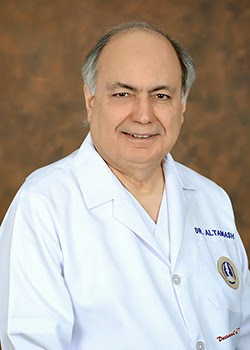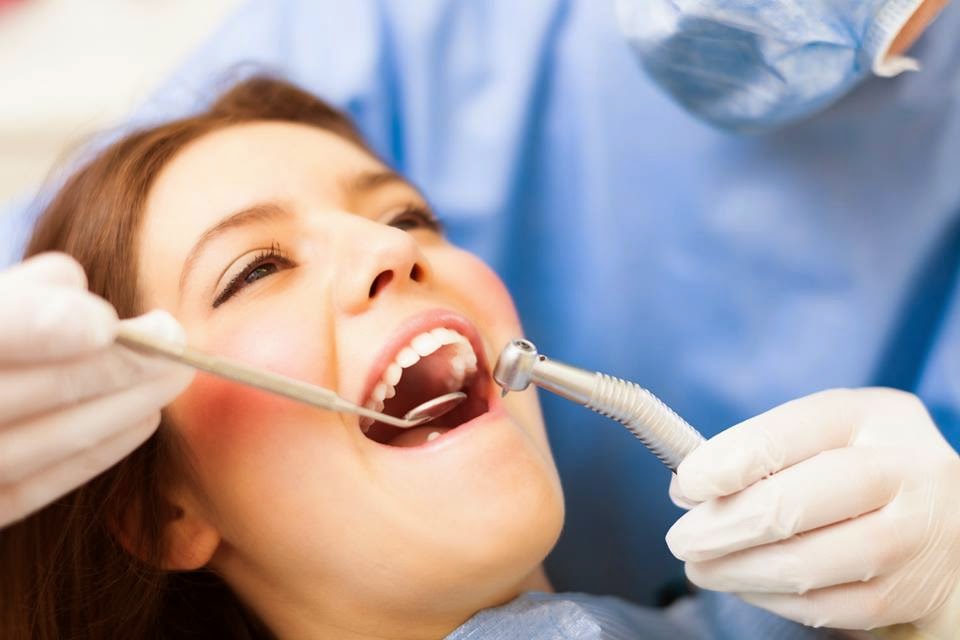Dental Implants 101: What You Need to Know
Embarking on the journey toward optimal oral health often involves exploring various dental procedures, and one transformative option that has gained prominence is dental implants. If you've ever wondered about restoring your smile, replacing missing teeth, or enhancing your overall dental well-being, dental implants could be the solution you're seeking.
What Soft Foods Aid Swift Recovery Post-Dental Implant Surgery?
After undergoing a dental implant, it is advisable to restrict your diet to soft or liquid foods in the initial days, minimizing the need for extensive chewing. This precaution is particularly crucial during the first few days post-surgery to prevent accidental biting of the tongue due to lingering numbness. Opt for soft options like smoothies, yogurt, ice cream, pudding, applesauce, mashed potatoes, creamy soups, and broth during this period.
As your recovery progresses, gradually introduce slightly chewy foods into your diet, including options like macaroni and cheese, pancakes, rice, soft bread, cooked vegetables, eggs, and spaghetti. Transitioning to tougher and chewier foods, such as meat and fibrous raw vegetables, may be possible after 1-2 weeks, depending on the pace of your recovery. It is essential to avoid chewing on the side of your mouth where the implant is located for at least two weeks.
Top Tips for Accelerating Healing After Dental Implants - What Should You Know?
To expedite your recovery from the dental implant procedure, it's essential to adhere to general principles, although individual healing rates may vary:
Ensure you consume regular meals, even if discomfort or nausea might tempt you to skip them. Consistent eating is crucial for maintaining health and strength.
Stay adequately hydrated by drinking ample water, as it contributes to overall bodily well-being. Refrain from engaging in strenuous activities, including exercise or heavy lifting, for at least two to three days post-surgery to minimize bleeding and discomfort.
Prioritize oral hygiene by rinsing your mouth with salt water in the morning, after each meal, and before bedtime, starting 24 hours after the surgery.
It is imperative to refrain from smoking or using tobacco products during the recovery period, as these habits can impede the healing process and potentially lead to implant failure. Strictly avoid any tobacco products while recuperating from a tooth implant.
How Does Altamash Dental Clinic Distinguish Itself In Handling Oral Health?
Altamash Dental Clinic stands out as a beacon of excellence in the realm of oral health, showcasing distinctive features that set it apart from the rest. Renowned for their commitment to patient care, these professionals at Altamash Dental Clinic ensure a personalized approach to each individual's oral health needs, fostering a sense of trust and confidence among patients.
Moreover, the clinic is equipped with state-of-the-art facilities and cutting-edge technology, underscoring its dedication to providing top-notch dental services. From diagnostic procedures to advanced treatments, Altamash Dental Clinic leverages modern advancements to ensure precision, efficiency, and patient comfort throughout the dental care journey.
Altamash Dental Clinic's emphasis on comprehensive care extends beyond the treatment room. The clinic takes pride in fostering an environment that prioritizes patient education. By ensuring that individuals are well-informed about their oral health, treatment options, and preventive measures, Altamash Dental Clinic empowers patients to actively participate in their dental care journey. This dedication to education contributes to the clinic's distinction in promoting long-term oral health and overall well-being.
FAQs:
What are dental implants, and how do they differ from traditional dentures or bridges?
Dental implants are artificial tooth roots surgically placed in the jawbone to support replacement teeth. Unlike traditional dentures or bridges, implants offer a more stable, permanent solution, mimicking the feel and function of natural teeth.
Where can I find the best dental clinic for dental implants?
For premier dental implant services, Altamash Dental Clinic in Karachi is renowned for its expert team, state-of-the-art facilities, and patient-centric approach, making it a top choice for optimal oral health care.
Conclusion:
Dental implants emerge as a revolutionary solution for those seeking to restore their smiles, surpassing traditional alternatives in stability and permanence. Altamash Dental Clinic, distinguished by its expert team, cutting-edge facilities, and commitment to patient education, shines as a beacon of excellence in oral health care. With a personalized approach, emphasis on innovation, and a nurturing environment, Altamash Dental Clinic stands as a trusted partner in guiding individuals through their dental care journey.















